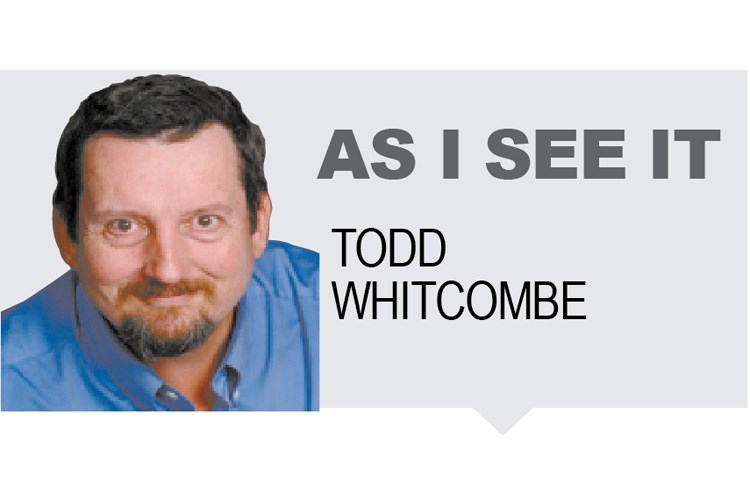This last year has seen a plethora of statements along the lines of “No one could have predicted this” or “Who could have seen this coming?”
Such sentiments have been offered by politicians, pundits, health professionals, and even our neighbours. They are usually uttered as a sign of quiet resignation in much the same way we talk about the weather: “Real cold this week.”
"Yeah, who could have seen that happening?”
But even discounting the proverbial doom sayers, those believing in the end of days, and Hollywood blockbusters, the inevitability of many of the events of the past year have been predicted and even planned for by governments, think tanks, and academics.
For example, that a virus or bacteria would arise leading to a global pandemic has been an almost certainty for anyone studying the issue in the past 30 years. This is why responsible governments developed pandemic plans. And why those responsible for the pandemic plans knew their plans would not survive the first onslaught. Reality is always much more complex than plans and predictions.
In Canada, our failure to develop a “home-grown” pharmaceutical industry is coming back to haunt us. We are now dependent upon other countries for vaccines. And those other countries have their own demands from their own citizens who need the vaccine just as much as we do.
On the other hand, in terms of immunizing our population, Canada isn’t doing too badly. Sure, we might not be immunizing at the rate of the UK or US - and no one can match what is happening in Israel - but we are way ahead of many other countries around the world. Some countries have yet to receive a single vaccine dose!
But the political spectacle which has taken place south of the border ever since the Donald lost the election is perhaps a more interesting case. In 1962, John F Kennedy said “Those who make peaceful revolution impossible will make violent revolution inevitable.” And the events of the past few months south of the border echo this sentiment.
In his book “Aftershock”, Robert Reich observes “The underlying problem emerged around 1980, when the American middle class started being hit by the double whammy of global competition and labor-replacing technologies.
“But rather than strengthening safety nets, empowering labor unions, improving education and job training, and taking other measures to better adapt the American work force, the nation turned in the opposite direction.
“Instead of implementing a new set of policies that would enable the middle class to flourish under these very different circumstances, political leaders - reflecting the prevailing faith in an omnipotent all knowing free market - embraced deregulation and privatization, attacked and diminished labor unions, cut taxes on the wealthy, and shredded social safety nets.
“The manifest result was stagnant wages for most Americans, increasing job insecurity, and steadily widening inequality. The benefits of economic growth accrued to a smaller and smaller group.”
I apologize for the length of that quote but it is backed up by measures of income inequality which now see the top 1% taking in 25% of the total national income. And a similar shift can be seen in Canada, although not quite so pronounced due to the fundamental political differences between the two countries.
Reich goes on to point out as the social contract has been broken, it will lead to a revolution. Trump didn’t create the conditions which lead to the storming of the Capitol on January 6th but he did recognize the economic stagnation of middle class America and took advantage of it. And yes, Reich predicted the rise of a demagogue who would take advantage of loss of public trust in the system.
What lesson can we learn from this?
The first is by studying history, economics, social psychology, and human nature, it is possible to predict how people, on mass, will behave to some extent. The second is replacing the Donald doesn’t really address the underlying issues south of the border. And finally, we need to be wary in Canada of a similar rise in demagogues.
We have traveled a long way down the same road as the United States. But we still have time to turn from their path. As we work our way out of the pandemic, we need to be investing in education and job training, strengthening our social safety nets, and ensuring there is a place for every Canadian in our economy. We need to rethink CEO’s who earn on January 1st the same wages their employees earn in an entire year.
We need to consider how we protect ourselves against this pandemic which will continue for years as the virus mutates. And how to protect ourselves against the next pandemic.
We don’t want to be saying “Who could have seen this coming?” any more.



